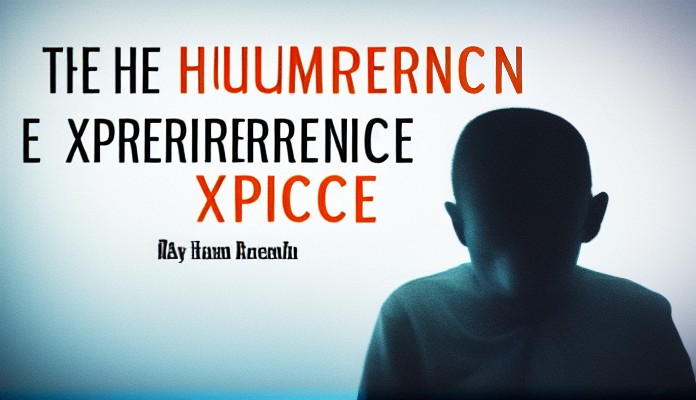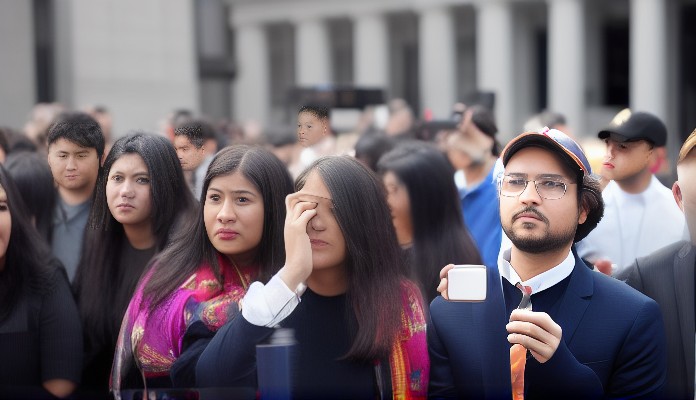The Human Experience
History
 A new perspective on life
A new perspective on life
History is a vast topic that covers thousands of years and encompasses many nations, cultures and civilizations. It is essential to learn from the past so we can grow and improve as individuals and society. The following is a brief history of some significant events and time periods.
1. Ancient Civilisations: The earliest civilisation known to us was that of Mesopotamia in modern day Iraq which emerged around 4000 BCE. This civilisation built elaborate structures, traded with surrounding countries, developed sophisticated writing systems and had an early form of government. Other ancient civilisations include Egyptian (2700 BCE), Chinese (2100 BCE), Greeks (8th Century BCE) and Romans (6th Century CE).
2. Medieval Period: The Middle Ages began after the fall of the Roman Empire and lasted until the Renaissance in Europe. During this period, Christianity became the dominant religion in Europe and feudalism was established. King Henry V of England was crowned at Westminster Abbey in 1399.
3. Renaissance and Enlightenment: The Renaissance was characterised by humanist movements that emphasised individual freedom of thought. The Enlightenment emerged at the end of the 18th century and saw the rise of reason and evidence-based thinking. This led to philosophers such as Voltaire and Rousseau who argued for freedom, democracy and equality.
4. Industrial Revolution: The industrial revolution is often considered the birthplace of modern capitalism. This was driven by new technologies, factories and innovative entrepreneurship. The first steam engine was invented in 1765 by James Watt. The industrial revolution brought significant changes in agriculture, transportation, manufacturing, industry and finance.
5. World Wars: The two world wars were a defining moment in modern history. World War I began in 1914 and ended in 1918. The second world war began in 1939 and ended in 1945 with the defeat of Nazi Germany. These conflicts had significant impacts on global politics, economies and societies. The second world war resulted in the death of millions of people and had lasting effects on the world.
6. Cold War: The cold war was a political rivalry between the United States and the Soviet Union. This period spanned from the end of the second world war until the fall of the Berlin Wall in 1989. During this time, there were proxy wars, espionage, arms races and propaganda.
7. Modern Era: The modern era is characterised by rapid technological advancements and globalisation. These have created economic opportunities and challenges. In recent years, there has been a rise in nationalism, political polarisation and social inequality.
In conclusion, the past few centuries have seen significant events that have shaped human history. From ancient civilisations to modern technological advancements, these events have contributed to creating our contemporary society. Understanding the past can help us better understand current events and inform future decisions as individuals and nations.







